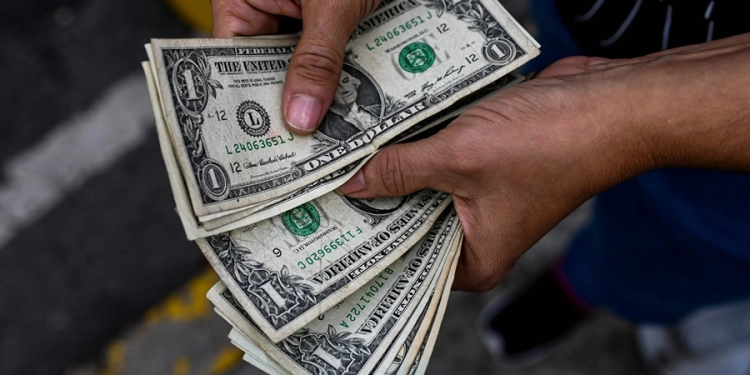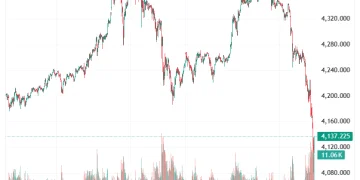Nigeria’s capital inflow falls to $1.57 billion in Q1 2022
Nigeria attracted a total of $1.57 billion in capital inflows in the first quarter of 2022, falling by 28.1% compared to $2.19 billion recorded in the previous quarter. This is according to the recently published capital importation report, released by the National Bureau of Statistics (NBS).
Compared to the corresponding period of 2021, Nigeria’s capital importation declined by 17.46% from $1.91 billion received in Q1 2021.
Notably, the largest amount of capital importation by type was received through Portfolio Investment, which accounted for 60.87% ($957.58 million). This was followed by Other Investment with 29.28% ($460.59 million) and Foreign Direct Investment (FDI) accounted for 9.85% ($154.97 million) of total capital imported in Q1 2022.
Meanwhile, foreign portfolio investment (FPI) increased by 48.95% to $957.58 million from $642.87 million recorded in the previous quarter. On the other hand, foreign direct investment (FDI) reduced by 56.74% from $358.23 million recorded in Q4 2021 to $154.97 million in the review period.
Highlight
- Disaggregated by Sectors, capital importation into the banking sector had the highest inflow of $818.84 million accounting for 52.05% of total capital imported in the first quarter of 2022.
- This was followed by capital imported into the production sector, valued at $223.67 million (14.22%) and the financing sector with $199.37 million (12.67%).
- Additionally, capital importation by country of origin reveals that the United Kingdom ranked top as the source of capital imported into Nigeria in the first quarter of 2022 with a value of $1.02 billion, accounting for 64.92%.
- This was followed by the Republic of South Africa and the United States of America valued at $117.50 million (7.47%), and $82.07 million (5.22%) respectively.
- On the flip side, Lagos State remained the top destination for investments in Q1 2022 with $1.1 billion accounting for 71.16% of total capital investment into Nigeria. This was followed by investment in Abuja (FCT), valued at $446.81 million (28.40%).
- Classification of total capital investment by Bank shows that Standard Chartered Bank Nigeria ranked highest in Q1 2022 with $543.20 million (34.53%). This was followed by Citi Bank Nigeria Limited with $439.03 million (27.91%) and Stanbic IBTC Bank Plc with $251.52 (15.99%).
Decline in FX flow piles more pressure on exchange rate
The Nigerian economy continues to suffer significant FX shortages on the back of declining foreign inflows, which has piled huge pressure on the exchange rate, pushing the naira to as high as N610/$1 at the parallel market and N419/$1 at the official market.
The Central Bank has however continued its intervention in the official market by selling dollars in the Investors and Exporters window in a bid to manage the volatility. However, this comes at a cost as the nation’s foreign reserves has also depleted due to the CBN intervention.
Specifically, Nigeria’s foreign reserves has lost over $1.55 billion between December 31, 2021, to date, to stand at $38.48 billion.
Considering the decline in FX inflows into the Nigerian economy, the apex bank will have to come up with policies geared towards improving inflows or securing Eurobonds to keep the external reserves at elevated levels.








